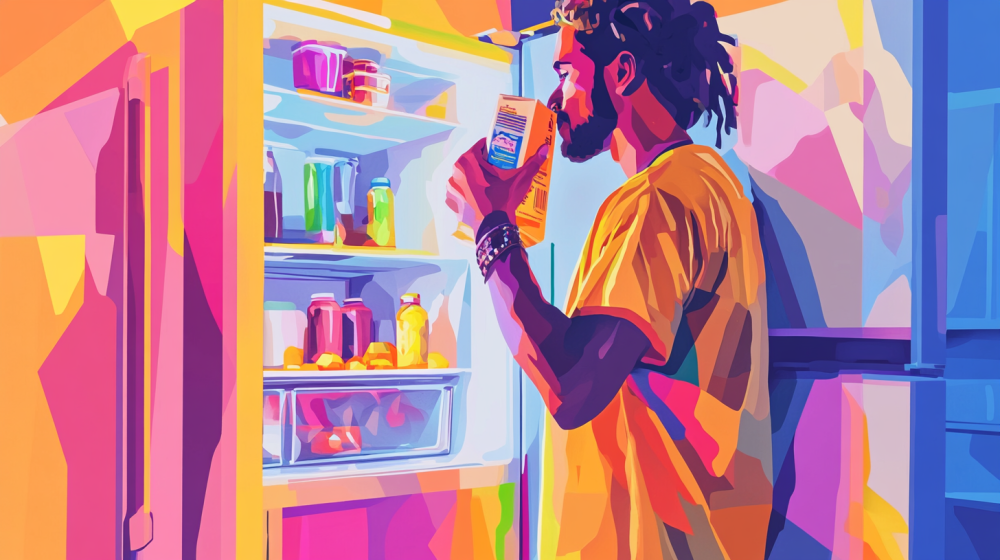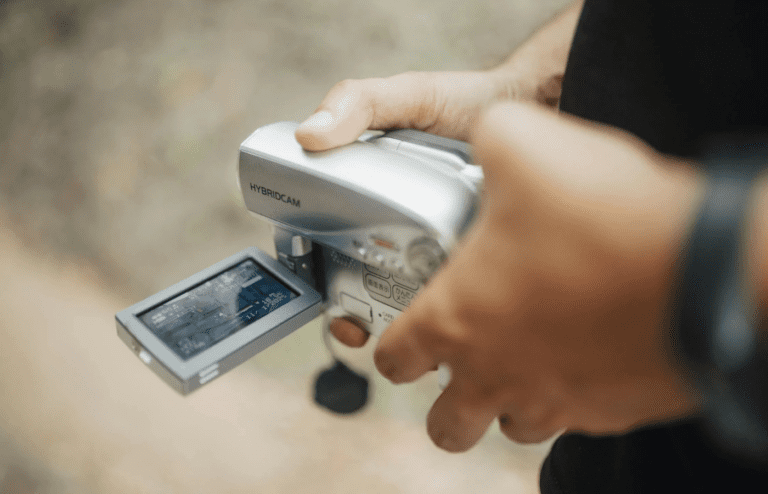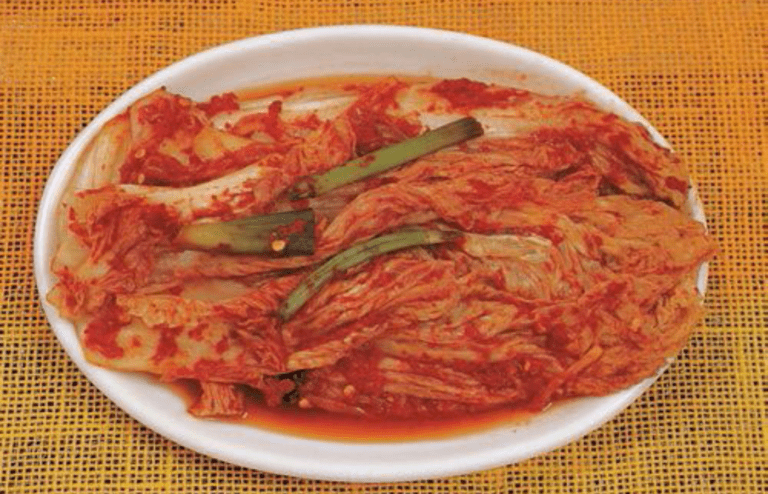If you’re someone who throws food out once it reaches the expiration date, you might be throwing away perfectly good food! Those dates aren’t giving you the whole picture. Here are a few things to keep in mind before you waste anymore food… or money.
Different Types of Dates
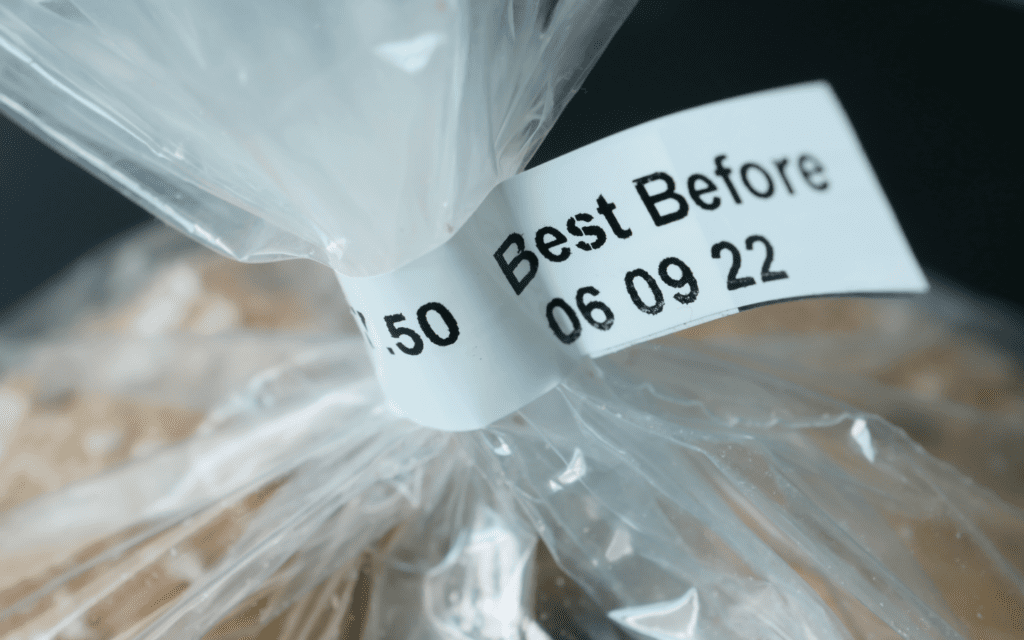
First, let’s talk about the type of date it has stamped on it. The “Best Before” date simply tells you when the food item will reach its peak freshness. Typically, you can consume foods after the “Best Before” date. The “Sell By” date is there to let consumers know the item needs to leave the store shelves by this date.
The “Expiration Date” and “Use By” dates are the most important to follow. These dates indicate when the product will become less effective or safe to consume.
Quality vs Safety

Most of the dates stamped on foods are there to indicate the item’s quality rather than the safety of consuming. If you drink a glass of milk past the date it is still safe to drink, it just might not taste as great as you’d like it to.
Dates are Estimates

The dates on foods are typically conservative estimates. Manufacturers err on the side of caution when stamping foods to make sure consumers enjoy the products at the best times. However, many foods are safe to consume after the stamped dates.
Storage Conditions
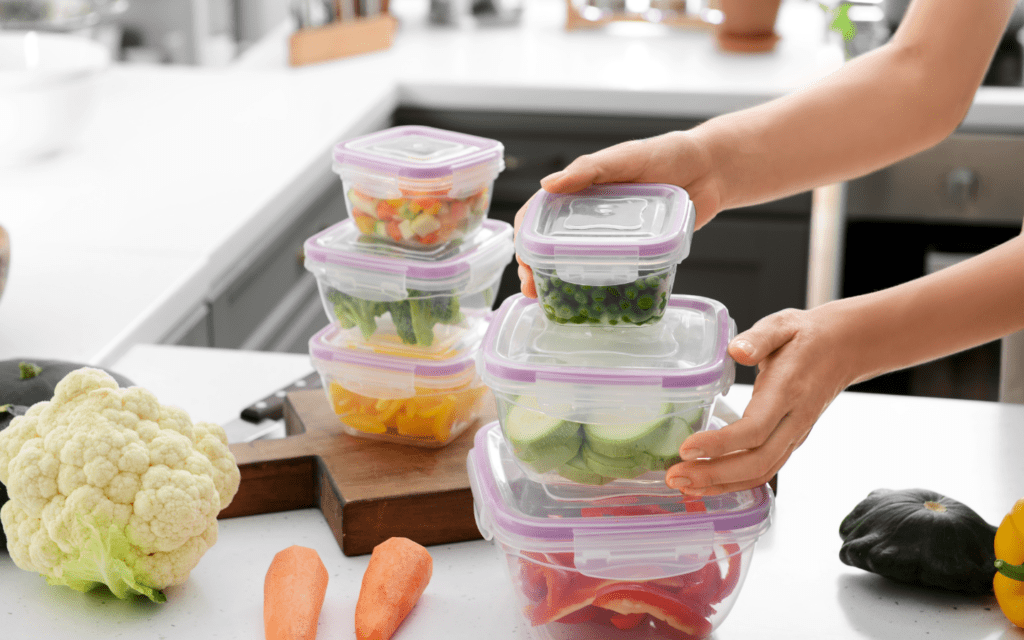
When thinking if you need to throw something out or not, think about how the item was stored. For example, if you pull out a box of crackers that had been stored in a very hot and humid area, they might be a little stale due to the heat. But if that same box of crackers was stored in a dry, cool area, they might taste just fine past the date on the box.
Dairy Items Have Flexibility
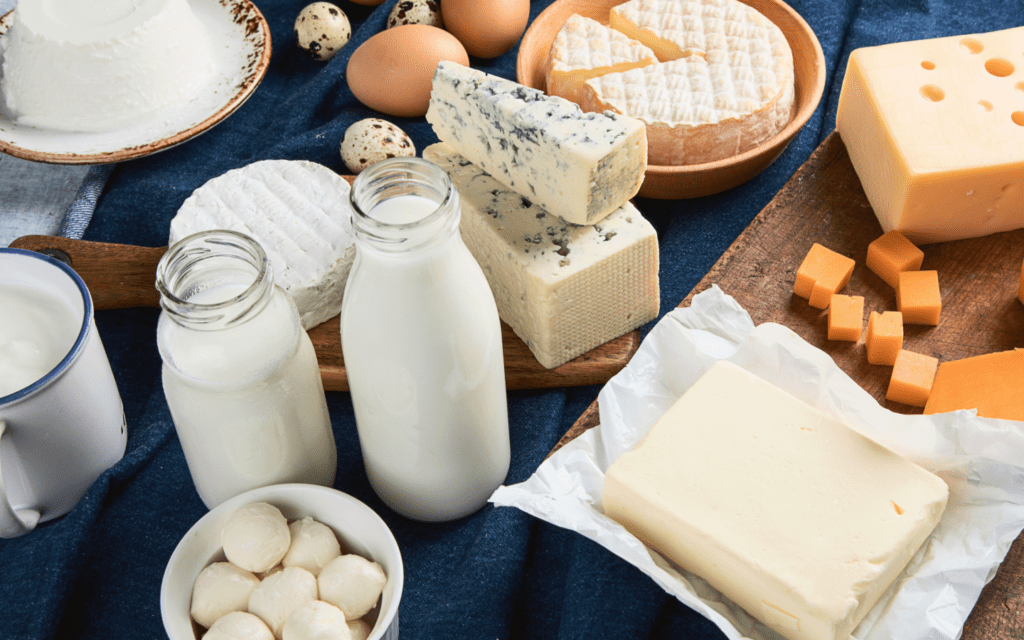
Dairy and eggs have a very short shelf life but you might be ok to consume them past their dates, assuming you don’t see signs of spoilage. This is when you need to trust your senses (or probably more accurately, your gut), when deciding if you need to throw out that little bit of milk or if it will last a few more days in the fridge.
Canned Goods Last the Longest
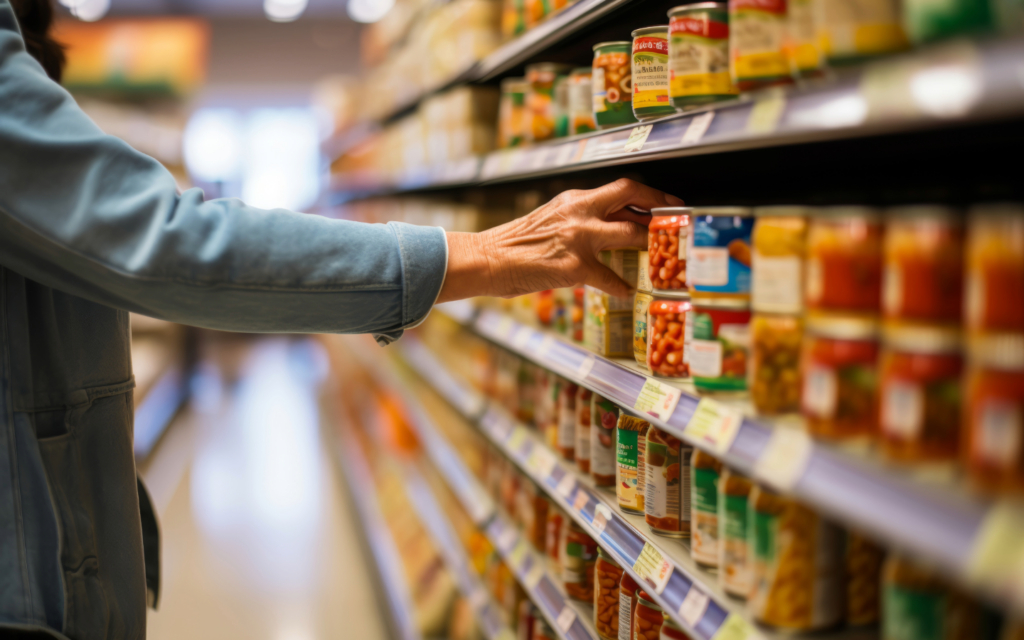
Canned goods are the longest-lasting food items because of how they are stored and processed. These items remain safe and edible for years, often well beyond their “Best Before” date, making them an excellent choice for long-term storage and reducing food waste. Most of the time, the food retains its nutritional value.
Freezing Can Help
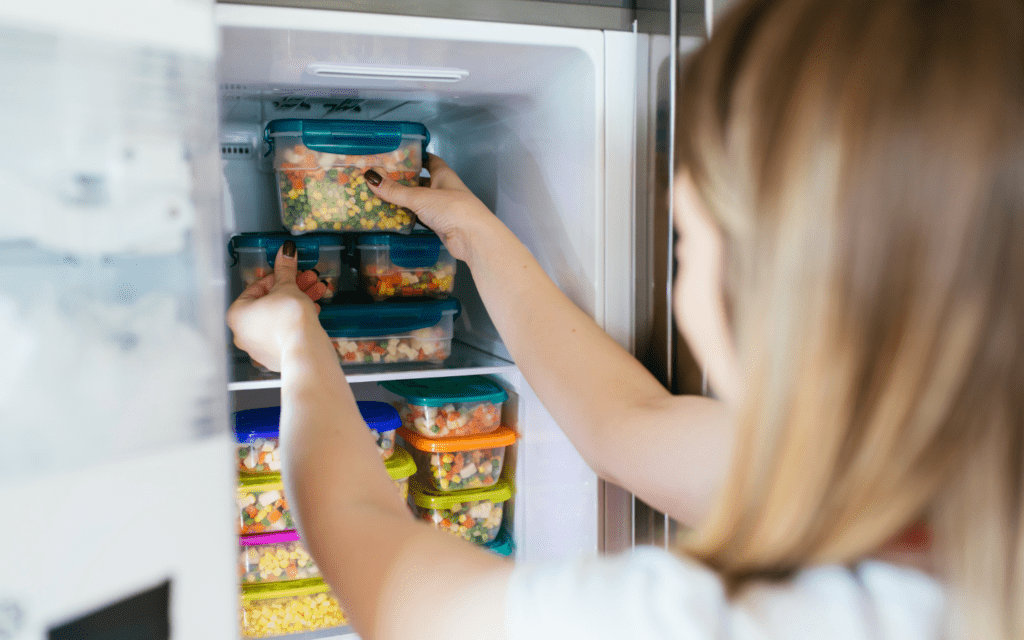
If you’re worried you won’t have time to consume your food before the date on the package, it is always a good idea to throw it in the freezer! You’d be surprised at how many items you can freeze, including cheese, fruits, vegetables, breads, chips, baked goods like cookies or brownies, and so much more!
Trust Your Senses
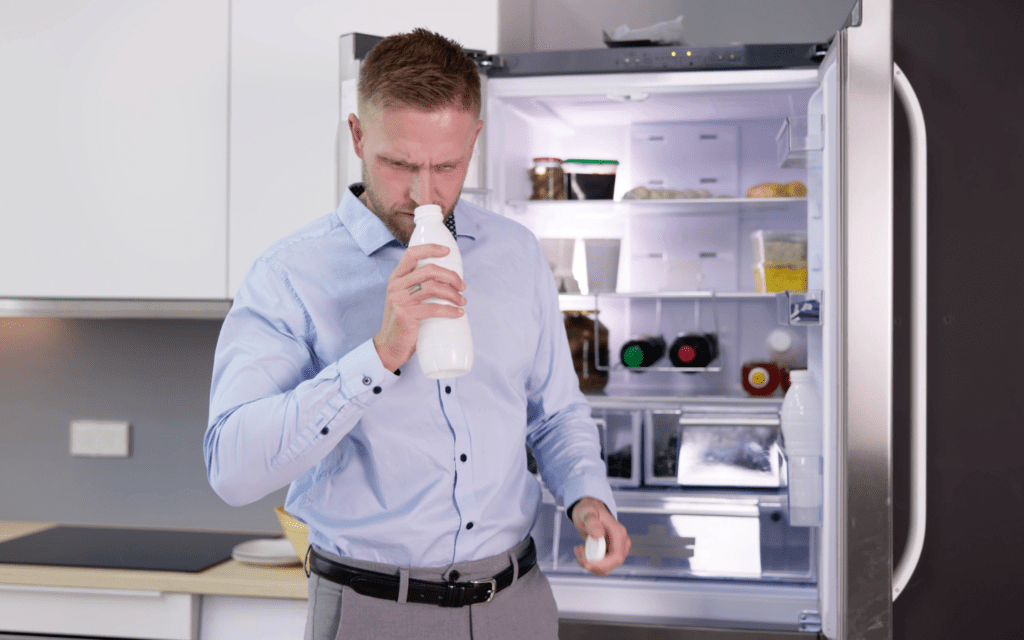
When in doubt, throw it out. If you smell something funny or it just doesn’t taste right, it’s never worth risking a night of stomach aches! Trust your senses and if it tastes fine, it’s probably fine. But if not, it’s time to toss.
Not All Foods Have Expiration Dates
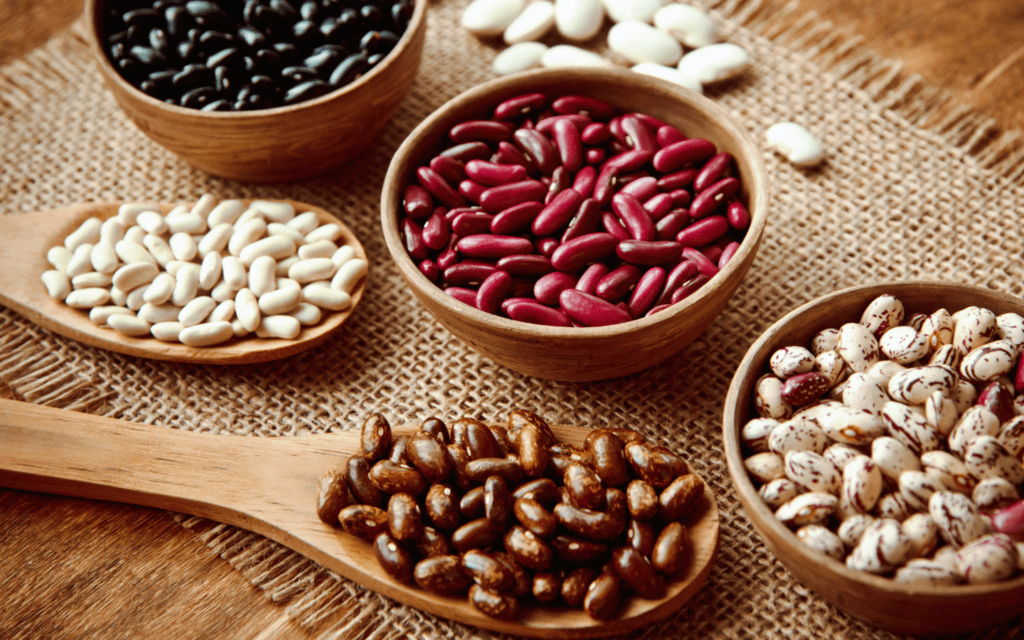
In some cases, there isn’t a date stamped on the food item. This is because there are certain foods that are more stable and less likely to spoil. Items such as sugar, salt, dried beans, or dried pasta typically do not spoil and will last for a very long time when stored properly.
Read More: Stock These Foods in Your Pantry for Emergencies
Avoiding Food Waste

If you find yourself constantly throwing food out, there are a few things to think about to reduce your food waste. Tips from the EPA include planning your meals, freezing more foods and if you must throw it out, try to compost and avoid adding to the landfills. For those with small families, a great option is to host a casual dinner party! This option means fewer leftovers and a great night with friends — a win-win!
Read More: 10 Foods to Put You in the Mood for Date Night

